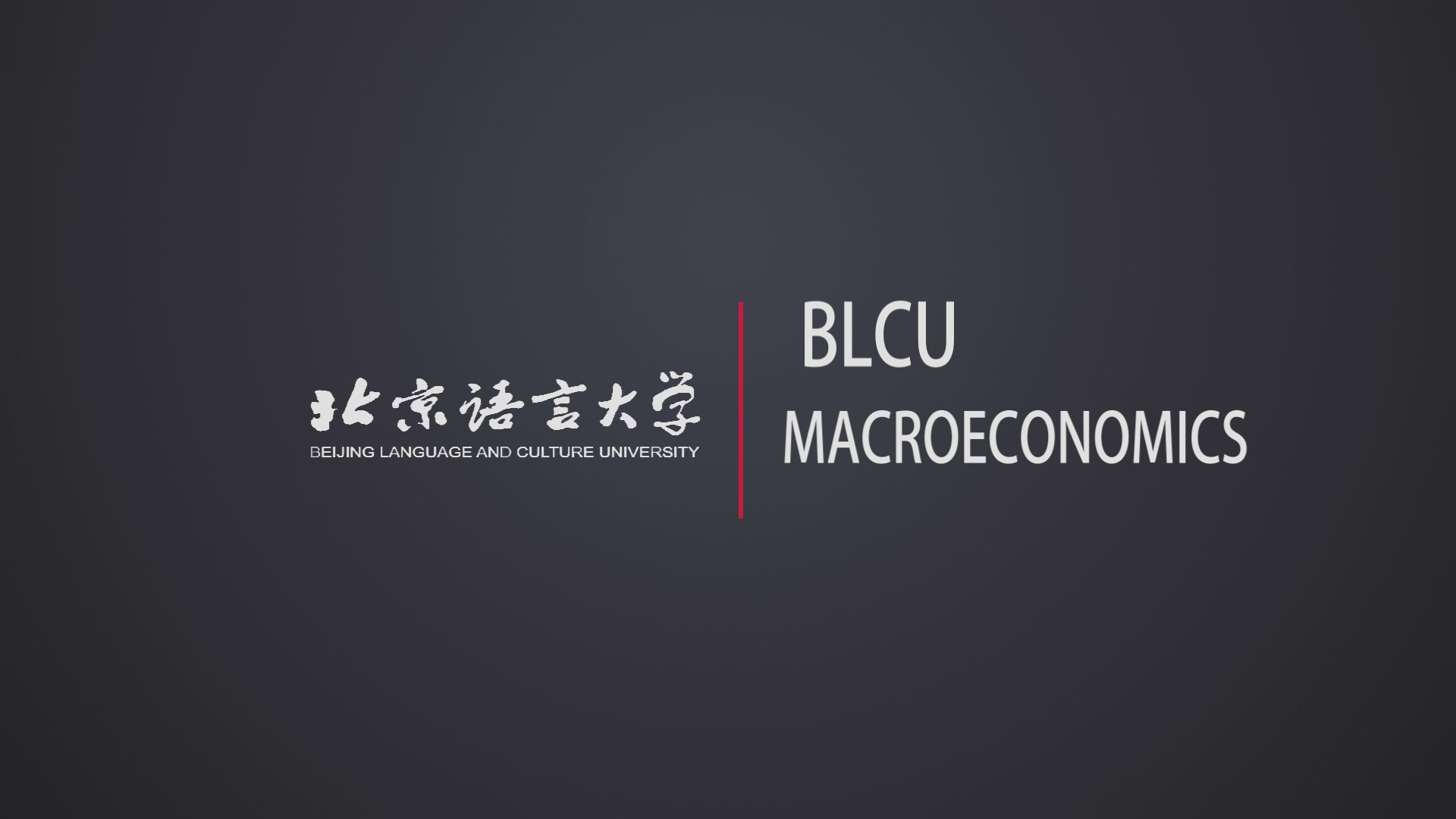
当前课程知识点:口译:理论与实践 > Unit 2 口译中的信息加工 > Lecture 3 模拟演练 > Lecture 3 模拟演练
Hello everybody
welcome back
I’m your lecturer Catherine
In last two lectures
we introduced the skills of active listening
and logical analysis
In today’s lecture
we’ll apply theories to practice
We have Jeff here to give us demos
Welcome Jeff
Hi nice to meet you
I’m a senior student and also a learner in interpreting
It’s a great pleasure to learn interpreting with you
Today
we have two tasks
related to the previous two lectures
You’ll be given two audio materials
After listening to both materials
you’re supposed to do retelling
for one of them and logical analysis for the other
That sounds quite challenging
but I believe it’s a good way to
enhance my skills
You’re right
Now
let’s get started
Are you ready?
Yes
I’m ready
Ok
please listen to the first audio
and try to retell the general meaning
in the source language
Can you share with us your understanding
of this material?
Yes
This audio is about
the importance of exercise
and whether people should
keep doing exercises when they are sick
The speaker starts by saying
exercise helps to keep us in good health
Doctors of American Heart Association suggest that
people should do at least 150 minutes
of exercise every week
It’s not hard for those
who have an exercise routine every day
However
people have no idea
whether they should continue exercising
when they’re not feeling very well
A doctor of a clinic says that
mild to moderate exercise
does not bring bad results
if people have the habit of exercise
For instance
if you have symptoms like running nose
sneezing
nasal congestion or minor sore throat
it’s ok for you to exercise
Nice job!
You got all the key points
How did you make it?
Well
actually it largely depends on my
existing knowledge of exercise
I’ve been keeping the habit of exercise
for almost ten years
I once had the same doubts
as to whether it’s good to exercise when I was ill
So I searched for relevant information
and got a similar answer as given in this audio
When I found the audio was about exercise
I quickly recalled what I knew about it
In this way
I was able to connect my personal knowledge
with the audio
That’s wonderful
I believe I’m not the only one who is impressed
You actually used the skill in lecture one
activation of relevant knowledge
What Jeff did just now is a good example of active listening
In your practice
try to make use of skills to increase
the efficiency of your listening
Now
let¡¯s move on to another practice
You’ll listen to the second audio
and work out the logical relations
Ok
If you are watching this lecture
please take your pen and do it together with me
Are you ready to share with us?
Yes
The logic of this audio is clear and simple
The speaker put forward three arguments
and there is a topic sentence for each argument
The three topic sentences
can be summarized into one
namely
eyebrows play an important role
It’s really a good demo
I’m sure the other learners
have learned something from you
It gives me pleasure
to learn with others and share my experience
with them
The end of our practice
brings a close to this lecture
and also Unit Two
Two additional audios
will be given to you to practice the skills
Don’t forget to listen to them
See you next time
-Lecture 1 口译的定义及特点
-Lecture 2 口译的分类
-Lecture 3 口译员的素质
-Unit 1 单元测试
-Lecture 1 听取信息
-Lecture 2 逻辑分析
-Lecture 3 模拟演练
-Unit 2 单元测试
-Lecture 1 口译记忆的类型
-Lecture 2 口译记忆强化技巧一:原语复述
-Lecture 3 口译记忆强化技巧二:影子跟读
-Lecture 4 口译记忆强化技巧三:视觉化
-Lecture 5 模拟演练
-Unit 3 单元测试
-Lecture 1 口译笔记简介
-Lecture 2口译笔记常用符号
-Lecture 3 口译笔记记录方法
-Lecture 4 口译笔记案例详解
-Lecture 5模拟演练
-单元测试
-Lecture 1 英汉计数差异
-Lecture 2 常用数字表达
-Lecture 3 篇章数字口译
-Lecture 4 模拟演练
-单元测试
-Lecture 1 公共演讲技巧
-Lecture 2 口译基本方法
-Lecture 3 口译常见问题及应对方法
-Lecture 4 模拟演练
-单元测试
-Lecture 1 ECEC和CECE训练法
-Lecture 2 ECEC训练法模拟演练
-Lecture 3 CECE训练法模拟演练
-单元测试







